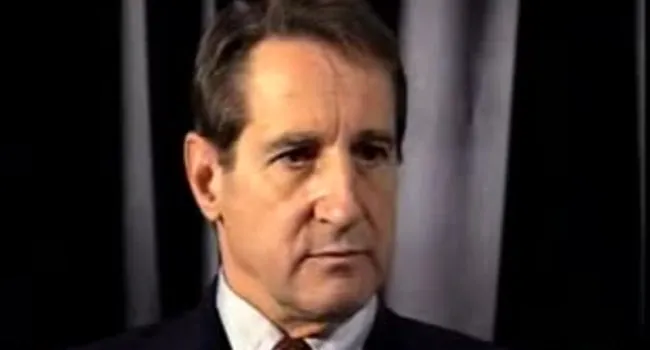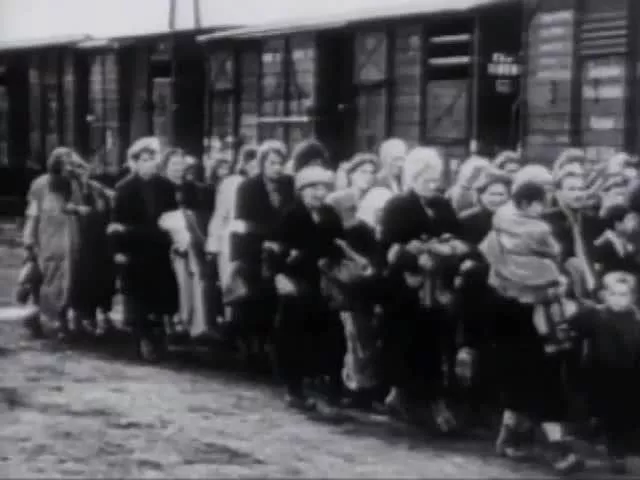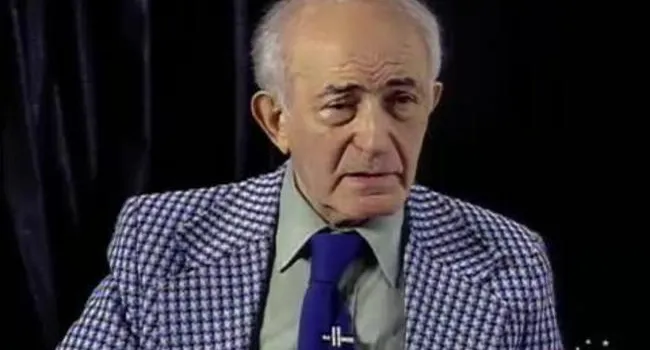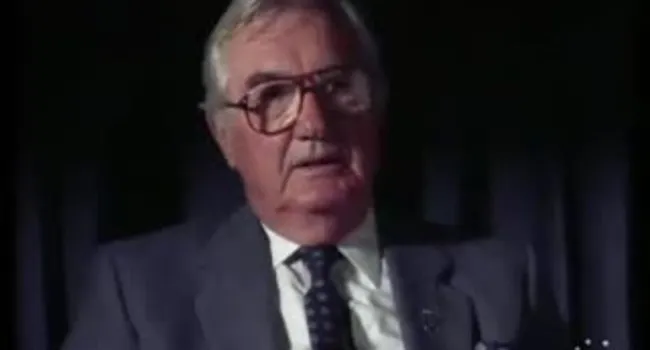
Video
Peter Becker was born in Munich in 1929. At the special Nazi school he attended, students were taught to be political or military leaders and that Hitler was the savior who would lift Germany up. In...
The internationally recognized date for Holocaust Remembrance Day corresponds to the 27th day of Nisan on the Hebrew calendar. It marks the anniversary of the Warsaw Ghetto Uprising. Yom HaShoah in English is known as Holocaust Remembrance Day to commemorate and honor the loss of approximately six million Jewish people during the second World War. It is a national holiday in Israel and celebrated by Jewish people all over the world.
The United States Congress established the Days of Remembrance as the nation’s annual commemoration of the Holocaust. Each year state and local governments, military bases, workplaces, schools, religious organizations, and civic centers host observances and remembrance activities for their communities.
Jewish American Heritage Month (May)
Jewish American Heritage Month is an annual recognition and celebration of American Jews' achievements and contributions to the United States of America during the month of May.

Video
Peter Becker was born in Munich in 1929. At the special Nazi school he attended, students were taught to be political or military leaders and that Hitler was the savior who would lift Germany up. In...
Video
Peter Becker was born in Munich in 1929. At the special Nazi school he attended, students were taught to be political or military leaders and that Hitler was the savior who would lift Germany up. In...
Video
Born in 1917 in Poland, Max Krautler lived there until the outbreak of the war. He grew up amidst anti-Semitism and rumors of Hitler in the newspaper prior to the war. His family was moved into a...
Video
Living in constant fear, the Diamantstein family fled from place to place—to a large Jewish community in Frankfurt; to the apartment of friends in Milan, Italy; to Como, Italy, escaping barefoot in...
Video
Living in constant fear, the Diamantstein family fled from place to place—to a large Jewish community in Frankfurt; to the apartment of friends in Milan, Italy; to Como, Italy, escaping barefoot in...
Video
Paula Popowski was born in Poland in 1923 in a predominantly Jewish city. "I came from a very orthodox family. I didn't socialize with Gentiles. Jews and Gentiles didn't mix in public school." In the...
Video
In April 1945, just before the war's end, Lon Redman encountered his first concentration camp—Flossenburg. There was no organized resistance against the American soldiers. They easily evacuated the...
Video
Martha Bauer and her family lived in Belgium. When Hitler took over, children were taught to hate all Jews. She was careful with childhood friendships and would not even walk with non-Jewish friends...
Video
Born in Vienna in 1914, Felix Bauer lived with anti-Semitism even before Hitler's takeover of Austria. When the Nazis invaded, his father said, "Nobody will do anything to me." But the killings...
Video
Born in New York, Ethel Stafford graduated from nurses' training in 1944, went in the Army, and was transferred to Europe. She didn't know what was happening to Jews. The medical staff she was with...
South Carolina Council on the Holocaust
South Carolina Council on the Holocaust - The South Carolina Council on the Holocaust was established to develop an educational program to prevent future atrocities similar to the systematic program...